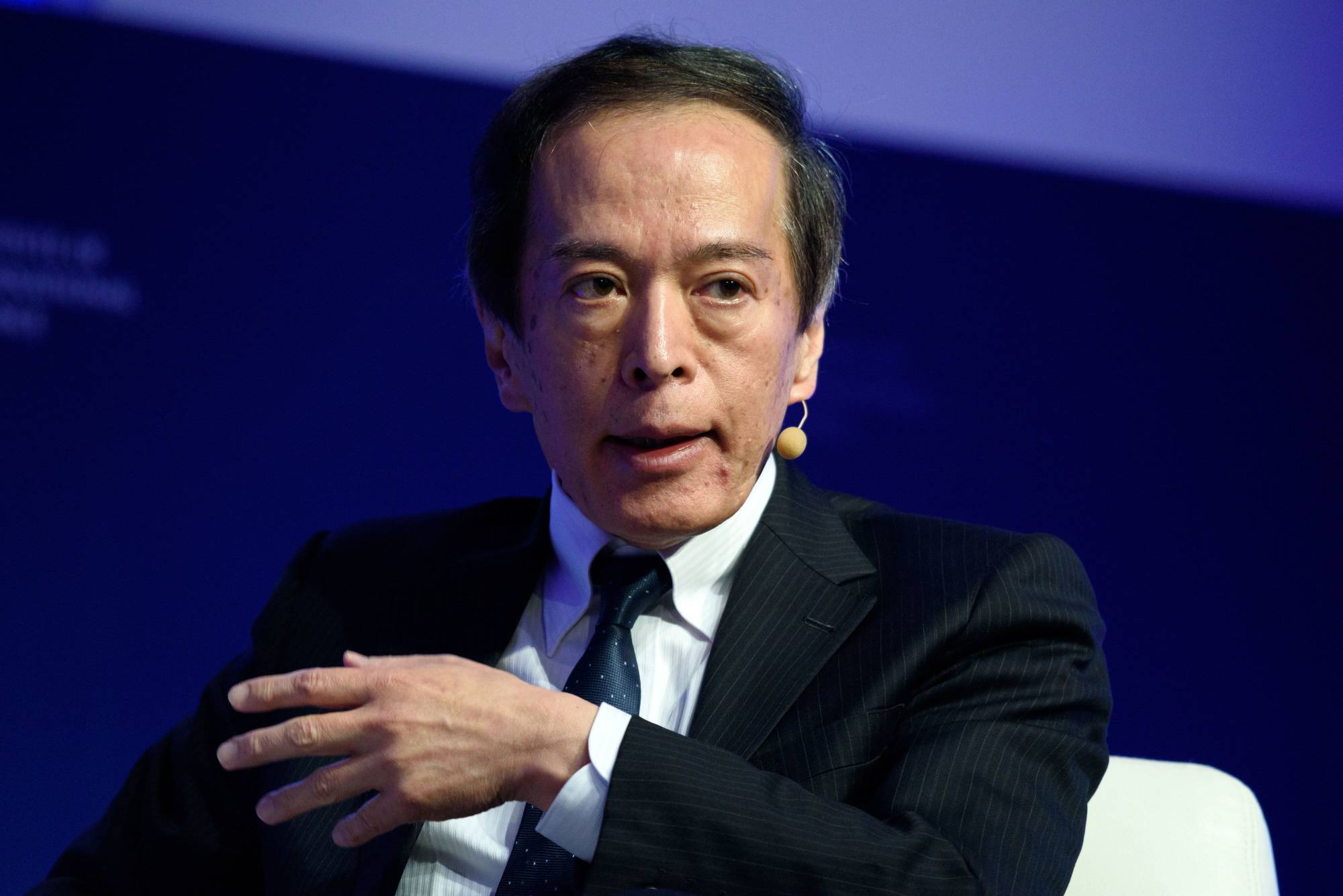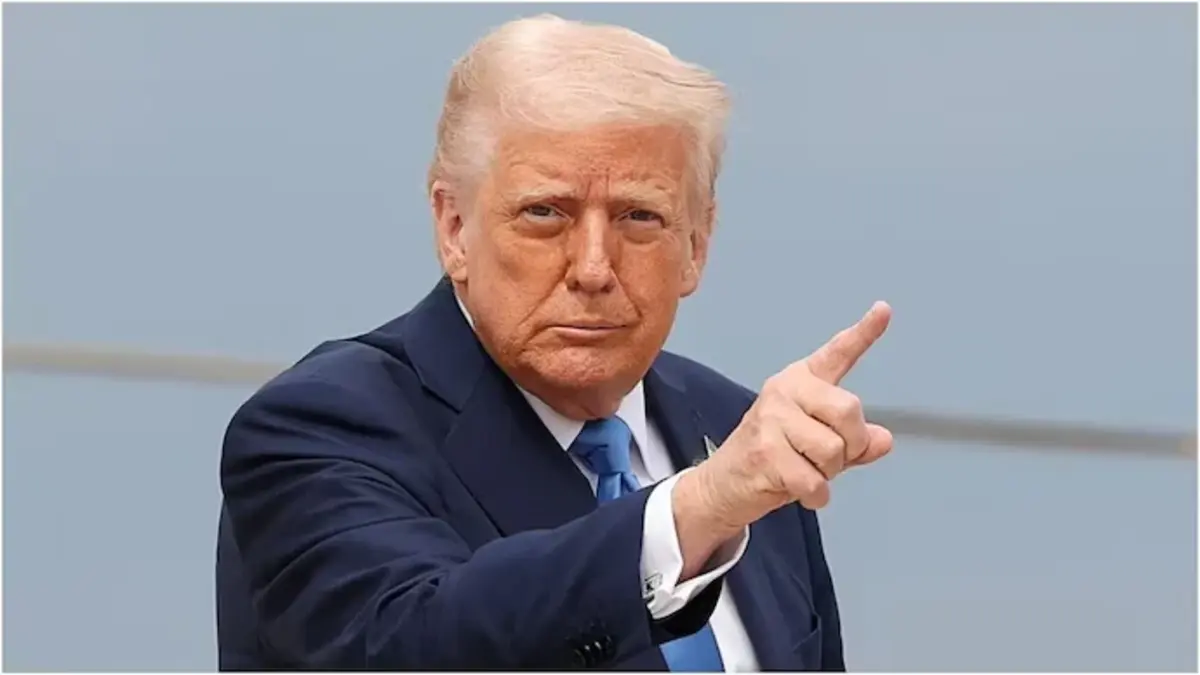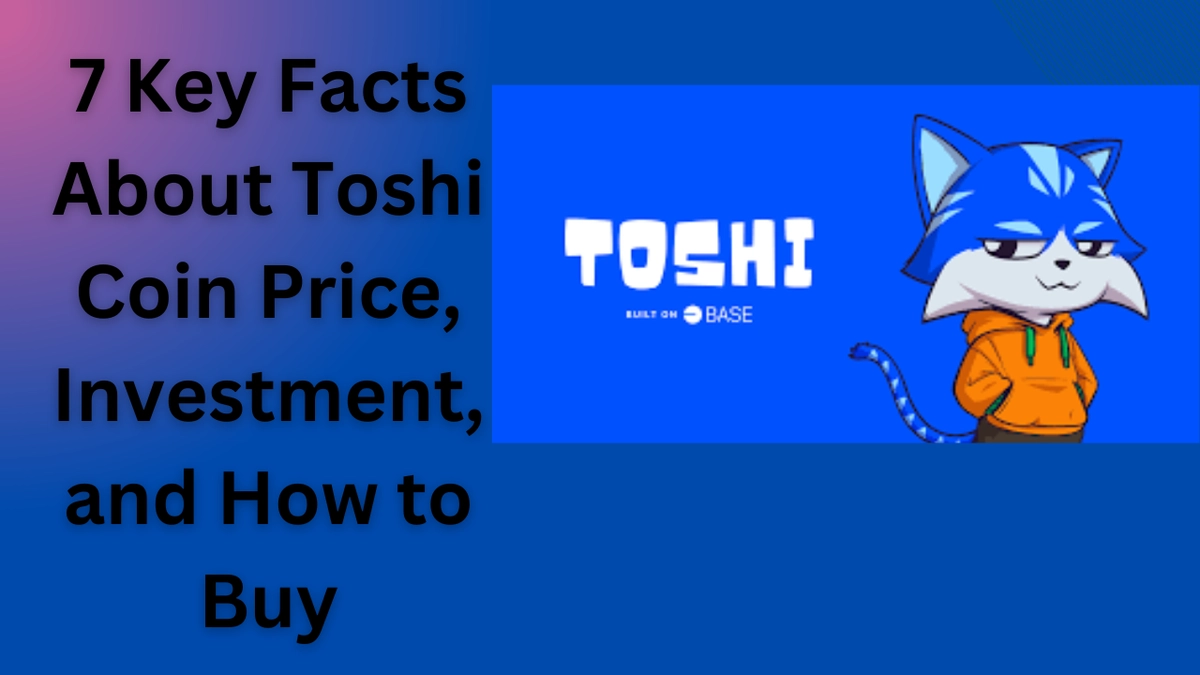- 1 Support for Nippon Steel’s US Steel Takeover Plan Grows in Key Steelmaking Regions
- 1.1 U.S. Steelmaking Regions Back Nippon Steel’s Acquisition of US Steel
- 1.2 U.S. President Biden Faces Pressure Over Decision on the Takeover
- 1.3 What Does the Merger Mean for U.S. Steel’s Future?
- 1.4 Local Communities Hope for Job Growth and Investment
- 1.5 The Political Landscape: Bipartisan Opposition to the Deal
- 1.6 A Crucial Decision for the Steel Industry
- 1.7 Conclusion: Nippon Steel’s US Steel Takeover Plan Faces Critical Crossroads
Support for Nippon Steel’s US Steel Takeover Plan Grows in Key Steelmaking Regions
Japan’s Nippon Steel Corporation is witnessing growing backing for its proposal to acquire U.S. Steel, especially from regions in the United States where steel mills are concentrated. Tadashi Imai, President of Nippon Steel, revealed this development on Wednesday, underscoring the critical role that local steel-producing areas could play in shaping the outcome of this highly anticipated $15 billion deal. Despite political opposition, especially from U.S. leaders such as President Joe Biden and former President Donald Trump, the takeover is finding support where it matters most—among those directly impacted by the steel industry’s evolution.
The proposed merger, which would combine two of the world’s largest steelmakers, has already sparked intense debate in both Japan and the U.S. Given the size and scale of the deal, the decision rests on multiple factors—economic, political, and social. And while the U.S. government has yet to make a final decision, the proposal has generated optimism in key steel-producing regions, where stakeholders see the merger as an opportunity for growth and stability.
READ MORE NEWS
Stocks Rise in Europe After US Tech Rally Lifts Sentiment: A Market Overview
China Plans Record 3 Trillion Yuan Debt Issuance to Boost Economy Amid Challenges
Asian Markets Begin Holiday-Shortened Week With Mixed Results
New Era in Automotive: Honda and Nissan Formalize Merger Talks, Aiming for 2026 Union
U.S. Steelmaking Regions Back Nippon Steel’s Acquisition of US Steel
Nippon Steel’s US Steel takeover plan has found considerable backing in areas where steel mills play a crucial role in the local economy. These regions, which include the steel-heavy industrial zones of Pittsburgh, Michigan, and Ohio, view the proposed merger as a potential boon for job security, investments in infrastructure, and enhanced competitiveness on a global scale.

In an exclusive briefing with reporters, Tadashi Imai shared that Nippon Steel has seen strong support from union leaders, local politicians, and industry experts in these steel hubs. “Nippon Steel’s US Steel takeover plan has been met with a lot of optimism in regions that depend on steel manufacturing. The acquisition presents a clear opportunity to modernize, create jobs, and increase investment in the U.S. steel industry,” Imai said.
One key factor driving this support is the promise of job retention and the potential for further growth in an industry that has been under pressure in recent years due to fluctuating steel prices and competition from foreign producers. Local unions, particularly in Pittsburgh, which is home to U.S. Steel’s headquarters, have expressed confidence that Nippon Steel will prioritize worker rights and continue to invest in U.S. steel infrastructure.
U.S. President Biden Faces Pressure Over Decision on the Takeover
Despite the support in steelmaking regions, the road to approval is not smooth. The U.S. Foreign Investment Committee has referred the decision on the $15 billion deal to President Joe Biden, who now has 15 days to decide whether to approve or block the merger. Given the political climate and growing concerns over job security and market competition, President Biden’s decision has become one of the most closely watched developments in the global steel sector.
Biden’s stance on the takeover has sparked controversy. Both President Biden and his likely successor, former President Donald Trump, have voiced opposition to the deal, citing fears over reduced competition in the steel market and potential job losses. The concerns stem from the merger’s potential to consolidate market power, which could lead to higher prices and fewer choices for consumers, particularly within the U.S. manufacturing sectors.
As Biden weighs his decision, pressure is mounting from both sides. On one hand, pro-merger advocates emphasize the economic growth and job creation potential for local economies. On the other hand, political and union leaders worry about the negative impact on workers if the merger leads to layoffs or market monopolization. Biden’s decision will likely hinge on striking a balance between these competing interests.
What Does the Merger Mean for U.S. Steel’s Future?
If the deal goes through, Nippon Steel’s acquisition of U.S. Steel would mark a defining moment for the global steel industry. The combination of Nippon Steel, one of the largest steel producers globally, and U.S. Steel, a major player in the North American market, would create a powerful steel giant capable of rivaling the industry’s leaders.
The combined entity would gain a stronger foothold in the North American steel market, positioning Nippon Steel to better compete against international producers, particularly in Asia and Europe. As part of the deal, Nippon Steel plans to invest heavily in modernizing U.S. Steel’s mills, improving production efficiency, and increasing its capacity for sustainable steel production. This would align with both companies’ commitments to reducing carbon emissions and developing environmentally friendly technologies in steelmaking.
Moreover, experts believe that the merger could benefit the U.S. economy by reducing reliance on foreign steel imports, improving supply chain stability, and potentially lowering costs for industries such as automotive manufacturing and construction. For the workers, there is also the promise of modernized job opportunities and new roles in cutting-edge steel technologies.
Local Communities Hope for Job Growth and Investment
Steel-producing regions in the U.S. that have been hit by job losses and economic instability in recent years are particularly enthusiastic about the prospects of the merger. Areas like Pittsburgh, where U.S. Steel has long been a major employer, are optimistic that Nippon Steel’s US Steel takeover plan could signal a new era of growth.
Labor leaders in Pittsburgh have argued that the merger could lead to better wages and benefits for steelworkers, as Nippon Steel is known for its commitment to worker welfare. “Nippon Steel’s US Steel takeover plan could bring much-needed stability and create new opportunities for workers in this region,” said John Miller, a union leader based in Pittsburgh.
While these claims are backed by some experts, the path forward remains uncertain, as political opposition in Washington D.C. could still derail the deal. With labor unions and local politicians actively lobbying for the merger’s approval, the next few weeks will be critical in determining whether Nippon Steel can capitalize on the regional support it has garnered.
The Political Landscape: Bipartisan Opposition to the Deal
One of the key obstacles to the merger is the bipartisan opposition it has received from U.S. political leaders. President Biden, along with former President Trump, has voiced concerns over the potential for a merger to reduce competition within the steel market, which could have negative consequences for consumers and local businesses.
Biden’s administration has signaled that the government will carefully evaluate the potential risks of the merger, particularly when it comes to the broader implications for U.S. industry and national security. With both the left and right expressing skepticism about the deal, the pressure on Biden to make a decision that satisfies both sides of the political spectrum is immense.
A Crucial Decision for the Steel Industry
As the deadline for President Biden’s decision draws closer, the fate of Nippon Steel’s US Steel takeover plan remains in the balance. If the deal is approved, it could significantly reshape the global steel industry, boosting Nippon Steel’s presence in North America and helping to ensure the competitiveness of U.S. steel production. However, the merger also raises important questions about competition, job security, and market concentration that need to be addressed before any final decision is made.
The growing support in steelmaking regions suggests that there is a genuine belief in the benefits the merger could bring to local economies and workers. However, the opposition from political leaders in Washington presents a significant hurdle. In the coming weeks, all eyes will be on President Biden’s office as he navigates the complexities of this high-stakes decision.
Conclusion: Nippon Steel’s US Steel Takeover Plan Faces Critical Crossroads
In conclusion, while Nippon Steel’s US Steel takeover plan has received strong support from steelmaking regions, the final approval of the deal is still uncertain. With U.S. President Joe Biden’s decision looming, the outcome of this merger could have profound effects on the future of steel manufacturing, job creation, and market competition in both the U.S. and global economies. The next few weeks will be pivotal in determining whether this high-profile acquisition will come to fruition or whether it will face further delays or outright rejection.









6 thoughts on “Nippon Steel’s US Steel Takeover Plan Has Strong Support in U.S. Steelmaking Areas, Executive Says”